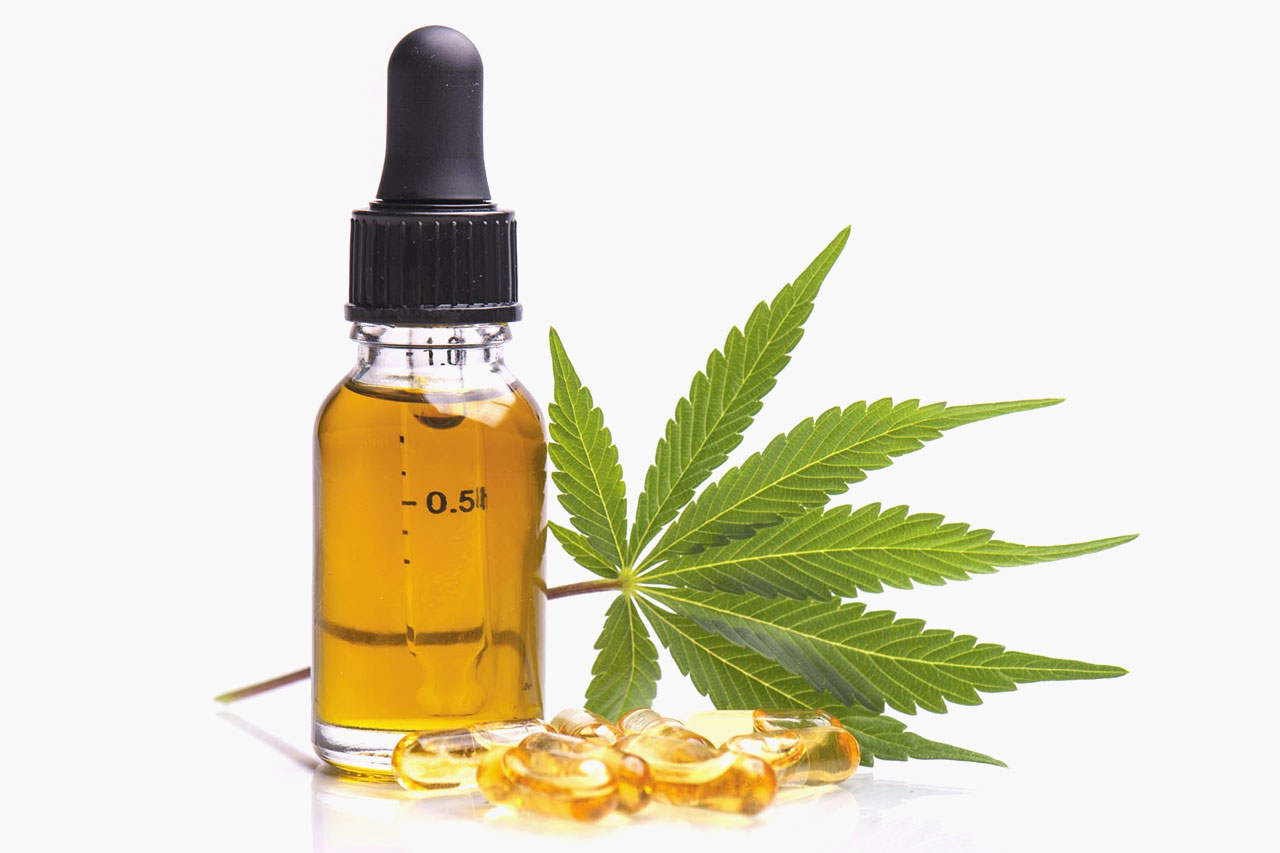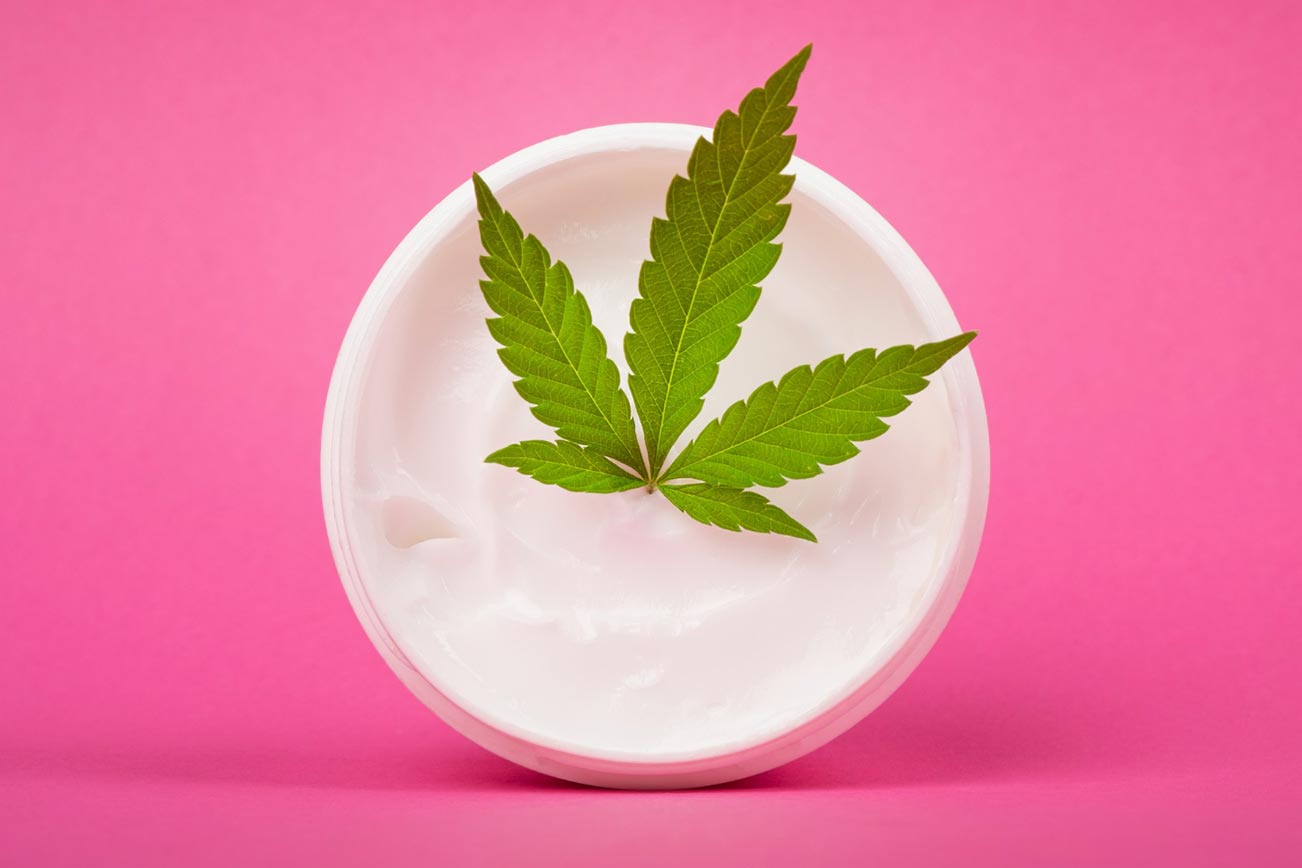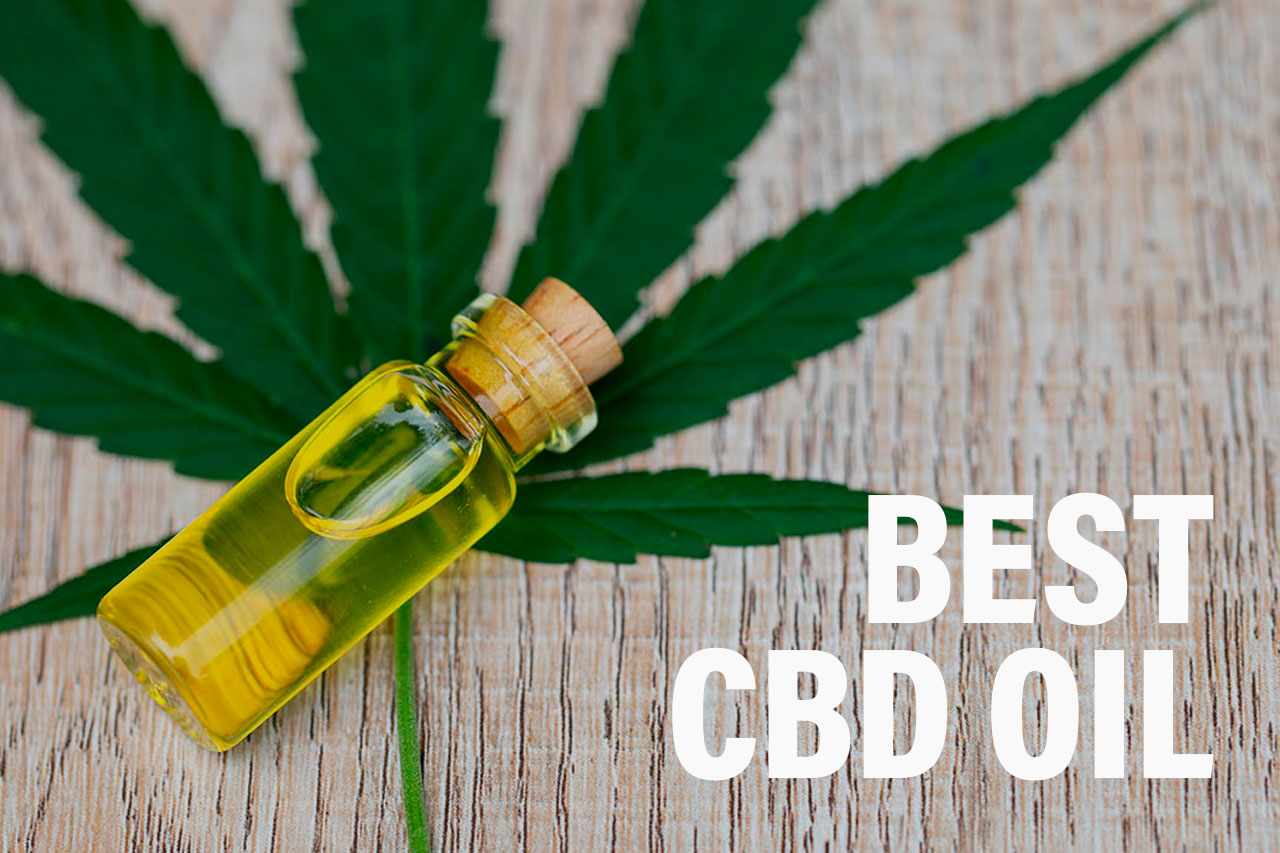Are you aware of the skyrocketing craze for hemp and CBD products? If not, then you’re about to enter into an enthralling world where these two derivatives of the Cannabis Sativa plant are on the verge of becoming common elements in the daily lives of households worldwide.
From wellness enthusiasts to scientists, people are becoming increasingly curious about the potential benefits of hemp and CBD. While hemp has been cultivated for thousands of years for its strong fiber used in textiles, CBD has recently gained prominence for its potential therapeutic properties, impacting various sectors, from health and wellness to food and beauty.
Despite their shared origins, hemp and CBD are not the same thing. This brings the question of which one should you pick among them. To answer this, allow us to take a deep dive into the universe of hemp and CBD.
What is Hemp?
Hemp is one of the oldest domesticated crops known to man. It has been used for paper, textiles, and cordage for thousands of years. In fact, the Columbia History of the World states that the oldest relic of human industry is a scrap of hemp fabric dating back to approximately 8,000 BC.
Hemp is a variety of the Cannabis Sativa plant species. It is fast-growing, versatile, and environment-friendly. What makes hemp unique is its low THC (Tetrahydrocannabinol) content, the psychoactive component found in Cannabis. Therefore, unlike some other Cannabis derivatives, hemp does not induce a ‘high'.
Hemp seeds, oil, and protein are highly nutritious and delicious. They offer a range of health benefits, from heart health to skin health, and are often incorporated into a variety of foods, skincare products, and even building materials.
What is CBD?
On the other hand, CBD, or cannabidiol, is a naturally occurring compound extracted mainly from the flowers and leaves of the hemp plant. It is one of the many cannabinoids present in the Cannabis Sativa plant.
CBD is renowned worldwide for its potential therapeutic properties. Researchers have found CBD to exhibit analgesic, anti-inflammatory, and anti-anxiety properties. Unlike THC, CBD is non-psychoactive, which means it won't give you a ‘high'.
From CBD oils and tinctures to edibles like CBD-infused gummies and chocolates, CBD has found its way into a multitude of products, promising a host of health benefits.
Curious about CBD or hemp? Click to discover which one suits you best!
Differences Between Hemp and CBD
Sure, that's a great way to break down the differences. Let's delve deeper into the world of Hemp and CBD.
1. Source of Extraction:
Hemp: Hemp refers to the industrial plant species of cannabis that is cultivated specifically for its fiber or seeds. Hemp is primarily extracted from the seeds of the Cannabis Sativa plant.
CBD: CBD, or cannabidiol, is a natural compound found in both the hemp and marijuana plants, though it's typically extracted from the former due to its lower THC content. It is mainly extracted from the flowers and leaves of the plant.
2. THC Content:
Hemp: Hemp contains a very low amount of THC (usually less than 0.3%) and is thus non-intoxicating.
CBD: CBD oil can contain varied levels of THC, but when it's derived from hemp, it should also contain less than 0.3% THC.
3. Uses:
Hemp: Hemp is often used for its fibrous properties in a variety of industrial applications. The seeds are as well used in the production of hemp seed oil which serves as a great nutritional supplement.
CBD: CBD is renowned for its potential therapeutic properties and is commonly used in wellness products like oils, tinctures, topical creams, and edible goodies to promote relaxation and overall well-being.
4. Legal Status:
Hemp: Hemp is legal in many countries including the U.S., provided that it has 0.3% or less THC. It can be commercially grown, sold, and transported across state lines.
CBD: The legality of CBD is a bit more complex and varies from country to country, and even within states in the U.S. Generally, CBD derived from hemp (with 0.3% THC or less) is legal.
5. Effect on the Body:
Hemp: Hemp seeds and oil are highly nutritious and often used for their health benefits. They do not have significant cannabinoids that affect the endocannabinoid system in the body.
CBD: CBD directly interacts with the endocannabinoid system in the human body, which may influence everything from sleep to mood to pain perception, making it a popular natural remedy.
To sum up, while hemp and CBD both come from the same species of plant, Cannabis Sativa, they are used for different purposes and have distinct legal statuses due to their different levels of THC.
Go green with top-rated hemp and CBD items!
Health Benefits Offered By CBD and Hemp
CBD Health Benefits
Pain and Inflammation Relief: CBD has been shown to have analgesic properties, meaning it can help alleviate pain. Furthermore, its anti-inflammatory qualities can help in reducing swelling and inflammation in the body.
Anxiety and Depression Management: CBD may interact with receptors in the brain that regulate mood and social behavior, potentially reducing anxiety and depression.
Neuroprotective Properties: CBD's interaction with the endocannabinoid system (the system that regulates a variety of bodily functions) may provide benefits for those with neurological disorders.
Sleep Aid: For individuals suffering from insomnia or other sleep disorders, CBD may help by addressing underlying issues such as anxiety, stress, and chronic pain.
Potential Heart Health Benefits: Some research suggests that CBD may influence the circulatory system, potentially lowering high blood pressure and reducing heart disease risk.
Feel the power! Click to explore top-rated CBD products!
Hemp Health Benefits:
Nutrient Rich: Hemp seeds are rich in essential nutrients including proteins, healthy fats, fiber, and a variety of minerals and vitamins. They are particularly high in Vitamin E, magnesium, phosphorous, and potassium.
Heart Health: Hemp seeds contain high amounts of the amino acid arginine, which is needed to produce nitric oxide in the body (a gas molecule that makes blood vessels dilate and relax, leading to lowered blood pressure and a reduced risk of heart disease).
Skin Health: Hemp seed oil can help improve skin health, thanks to its high levels of omega-6 and omega-3 fatty acids. It can moisturize and soothe inflammation, leading to a reduction in acne and other skin issues.
Digestive Health: Due to their high fiber content, hemp seeds provide substantial digestive benefits. Consuming them can aid in the regularity of bowel movements and overall digestive health.
Plant-Based Protein Source: About 25% of the calories in hemp seeds come from protein. They are considered a complete protein source, which means they provide all the essential amino acids that your body can't make on its own.
Remember, while both CBD and hemp have potential health benefits, they shouldn't replace any prescribed treatments or medications you're currently on. Always consult with your healthcare provider before starting any new supplements or regimens.
Change to greener living. Get top hemp products now!
The Side Effects Caused By CBD and Hemp
It's crucial to understand not only the benefits but also the potential side effects of CBD and Hemp.
CBD Side Effects:
Fatigue: Some people may experience tiredness, fatigue or sedation after using CBD.
Dry Mouth: CBD can sometimes cause a dry sensation in the mouth as it may inhibit the production of saliva.
Diarrhea: Especially when taken in high doses, CBD may lead to diarrhea.
Appetite Changes: CBD may cause either increased or decreased appetite in some individuals.
Interaction with Other Medications: CBD can interfere with certain medications and substances, enhancing or inhibiting their effects. Always consult with a healthcare professional before combining CBD with other medications.
Hemp Side Effects
Consumption of hemp products, particularly hemp seeds, is generally considered safe for most people. However, in some cases, people might experience:
Digestive Problems: Hemp seeds are rich in fiber. If your body isn't used to a high-fiber diet, you may experience gas, bloating, or diarrhea.
Blood Thinning: Hemp seeds contain an amino acid called arginine, which has many heart benefits but also possesses blood-thinning properties. This could potentially be a concern for those with blood clotting disorders.
Allergic Reactions: As with many food products, some people may discover they have an allergy to hemp seeds.
Always remember, everyone is unique, and we each might react differently to CBD and Hemp. If you experience any adverse symptoms when using these products, stop their use immediately and consult with a healthcare professional.
Experience nature's best! Shop top-rated CBD & hemp items here!
Which is Better Among CBD And Hemp?
Hemp stands out for its environmental benefits. It's a sustainable crop that can be used to create thousands of products, making it an eco-friendly alternative to many non-renewable resources.
CBD, on the other hand, shines in the wellness arena. The potential health benefits of CBD make it a popular choice among consumers seeking natural remedies for conditions like chronic pain, anxiety, and insomnia.
Conclusion
The hemp vs CBD debate is not about which one is universally superior, but about which one is more suited to your needs and preferences. Both have their unique benefits and uses.
So, whether you opt for industrious hemp or the wellness-centric CBD, you're choosing a product of Mother Nature crafted for better living. We urge you to explore, understand, and then decide which one resonates more with your lifestyle and needs.
Related: CBD Oil Benefits
For product review questions or feedback, please contact healthnewsflashreviews@gmail.com
Affiliate Disclosure:
The links contained in this product review may result in a small commission if you opt to purchase the product recommended at no additional cost to you. This goes towards supporting our research and editorial team. Please know we only recommend high-quality products.
Disclaimer:
Please understand that any advice or guidelines revealed here are not even remotely substitutes for sound medical or financial advice from a licensed healthcare provider or certified financial advisor. Make sure to consult with a professional physician or financial consultant before making any purchasing decision if you use medications or have concerns following the review details shared above. Individual results may vary and are not guaranteed as the statements regarding these products have not been evaluated by the Food and Drug Administration or Health Canada. The efficacy of these products has not been confirmed by FDA, or Health Canada approved research. These products are not intended to diagnose, treat, cure or prevent any disease and do not provide any kind of get-rich money scheme. Reviewer is not responsible for pricing inaccuracies. Check product sales page for final prices.




